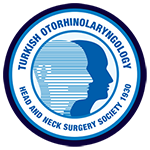- About Us
- Editorial Board
- Journal Policies
- Advertising
- Allegations of Misconduct
- Appeals and Complaints
- Archiving and Preservation
- Article Processing Charges (APC)
- Artificial Intelligence (AI)
- Authorship and Contributorship
- Conflicts of Interest
- Copyright and Licensing
- Data Availability and Reproducibility
- Diversity, Equity, Inclusion, and Accessibility (DEIA)
- Editorial Oversight
- Ethical Misconduct
- Open Access
- Peer Review Policy
- Post Publication Discussions
- Research Ethics
- Instructions
- Contact Us



